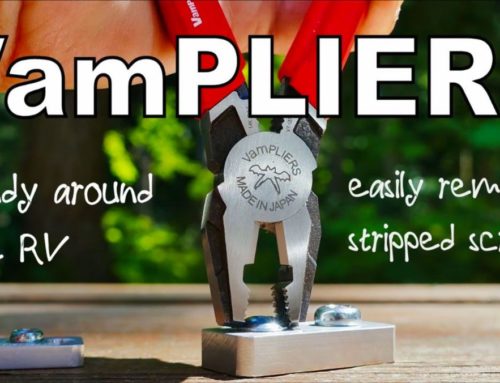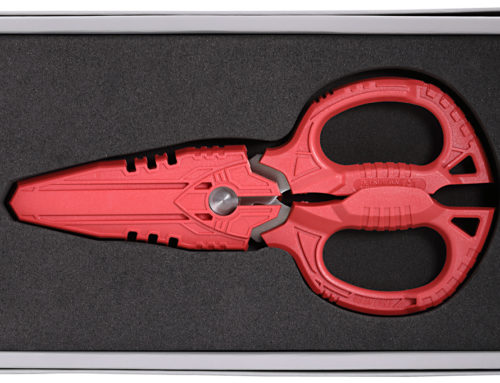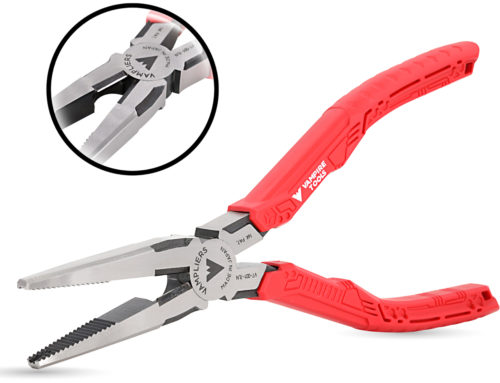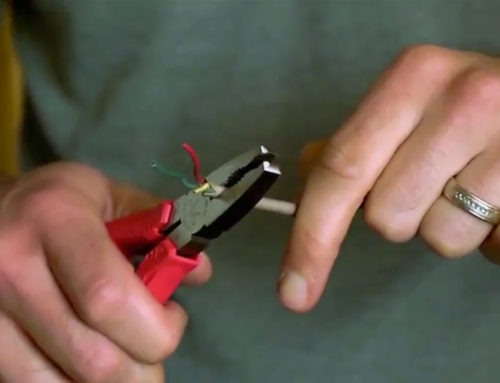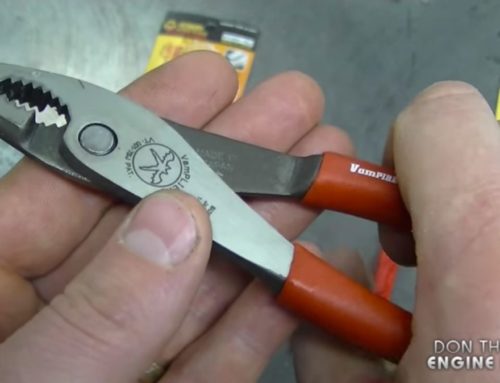One of the most detrimental things to tools, even tools of the highest quality, is rust. Even in hardware stores, tools can be at risk from rust, and this risk is greater when tools are stored in workshops and at home. But what is rust? How can you avoid it?
What is Rust?
Rust is an iron oxide. It is the orange powder that forms on iron and steel. It forms in the presence of moisture, either in the air or directly from contact with water. If given enough time and the presence of water and oxygen, iron will completely convert into rust and disintegrate. This process is referred to as corrosion.
Unlike oxidation in other metals such as chromium, aluminum, and zinc, rust on iron and steel does not provide a protective coating. Rust on the surface of iron and its alloys such as steel is rough and flaky, and the underlying surface is no longer protected. Tools that are allowed to rust become weaker, and even the biggest and strongest tools can be eaten away by rust. It can cause parts to become stuck, holes to form, and electrical conductivity is impinged upon.
Avoiding Rust
There are certainly things you can do to minimize the risk of rust on your hand tools, including saws, linesman pliers, and electrician shears. Proper storage and care are the key.
- Store your tools in a place of low humidity. Consider using a dehumidifier if humidity is a problem in your location. Yes, it does cost money, but the money you save by not needing to replace valuable tools makes it worth it. Store tools on shelves or on a board, and if stored in a box or drawers, use silica gel packs to absorb moisture. You could also use camphor moth balls – these give off a particular gas that inhibits oxidation.
- Store hand tools away from power tools.
- Keep your work and storage spaces free of dust and wood dust. These absorb moisture, and tools that are dusty will corrode and rust more quickly.
- Clean your tools regularly, drying them thoroughly, and apply a little oil to create a thin film on your hand tools. Mineral oil is best, though some people have success with WD-40 or motor oil. You could also use Japanese Camellia oil, G15 corrosion inhibitor, or other specific products made for oiling tools. Note that oiling tools will not be effective in a dusty environment!
Keeping tools clean and free of rust will extend their life and enhance their efficiency. In a future article, we will look at ways to revamp and revitalize tools that have begun to rust. Stay tuned!


